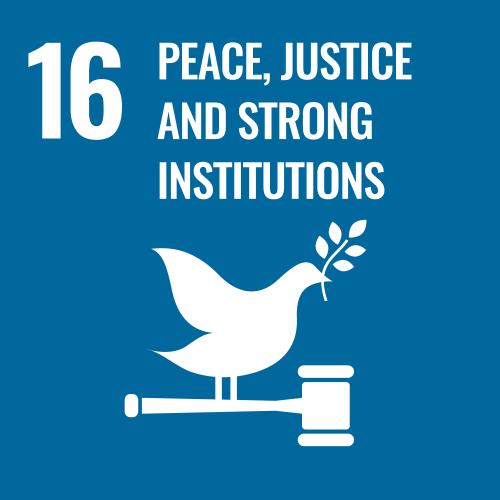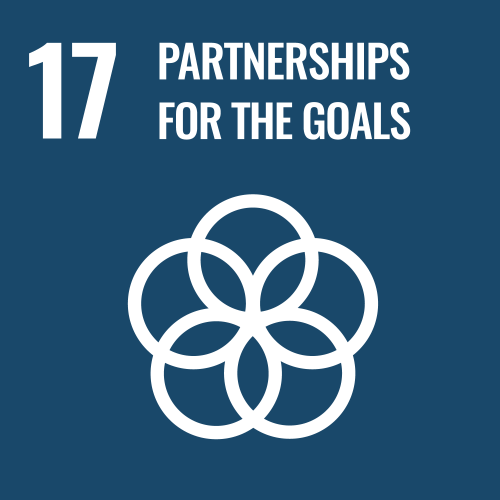
14/10/2025
Officials from eight Arab countries have gathered in Riyadh to hold the first regional counterterrorism crisis management exercise.
Thirty-eight senior internal security officials from eight Arab countries gathered at Nayef Arab University for Security Sciences (NAUSS) in Riyadh to manage a realistic terrorist crisis scenario during a presidential visit, while respecting the rule of law and human rights. Over two days, the European CT-JUST project and NAUSS, in cooperation with AIMC, turned theory into practice through a strategic simulation that tested regional coordination within a democratic framework.
José María Fernández Villalobos, director of the CT-JUST project, said: “No country is immune to the threat of terrorism. It is our duty to anticipate crises and organize ourselves in the best possible conditions”. He emphasized that simulation exercises strengthen prevention, response, and cooperation capabilities while respecting democratic rights and principles, adding: “This is not a competition: there will be no losers or winners, only shared lessons and reinforced skills.”
The exercise began innocently enough with a baker selling unusual amounts of bread. Hours later, a conspiratorial apartment was discovered and a terrorist escaped with an explosive belt. As rumors spread on social media, a tampered vehicle was discovered and the victims’ families contacted the press. Decisions had to be made quickly under the scrutiny of journalists and a concerned public.
This scenario reflected the real complexity of a crisis in which terrorism, misinformation, and media coverage create extreme volatility. Participants faced ethical dilemmas in balancing operational effectiveness with legal safeguards, human rights, and proportionality—fundamental tensions for democratic security.
Simulations sharpen senior executives’ reflexes when making decisions in controlled but realistic environments. They offer what real crises do not: the opportunity to make mistakes, learn, and try again. Leaders have tested hypotheses and identified coordination failures before they cost lives, while ensuring accountability.
These exercises highlight blind spots that written procedures overlook: how to react when communications fail, who decides when information is contradictory, how to coordinate isolated services. Above all, they assess the ability to uphold the rule of law, due process, and human dignity during emergencies.
The initiative has brought together 38 senior officials from Saudi Arabia, Lebanon, Bahrain, Tunisia, Comoros, Djibouti, Qatar, and Somalia. It has highlighted a shared commitment to strengthening regional resilience based on legal practices that respect rights.
Simulated events included leaks, viral rumors, and false statements. Participants experienced how misinformation amplifies crises and how legal action and effective communication are essential to maintaining public trust.
Jean-Pierre Despres, senior expert at CT-JUST, said: “This activity illustrates the quality of cooperation between the European Union and Arab partners. Beyond procedures, we have seen the emergence of a common culture of crisis management, which recognizes that security and human rights are complementary.”
Khalid Bin Abdulaziz Alharfash, Secretary of the NAUSS Supreme Council, added: “NAUSS is proud to host this initiative, which positions our institution as a regional center of excellence. This exercise marks a new era of cooperation, allowing our executives to test procedures and reinforce the idea that security forces serve and protect the rights of all citizens.”
The debriefing highlighted strengths such as rapid response and improvisation, while identifying improvements in coordination and communication between agencies under pressure. Participants reflected on the need to ensure legal safeguards and proportionate responses in high-pressure contexts. A detailed report with recommendations will be submitted to the AIMC and NAUSS to guide professional development in operational effectiveness and rights-based practices.
The long-term goal of these trainings is to create a regional culture of crisis preparedness that combines operational excellence with a strong commitment to human rights and democratic accountability.


